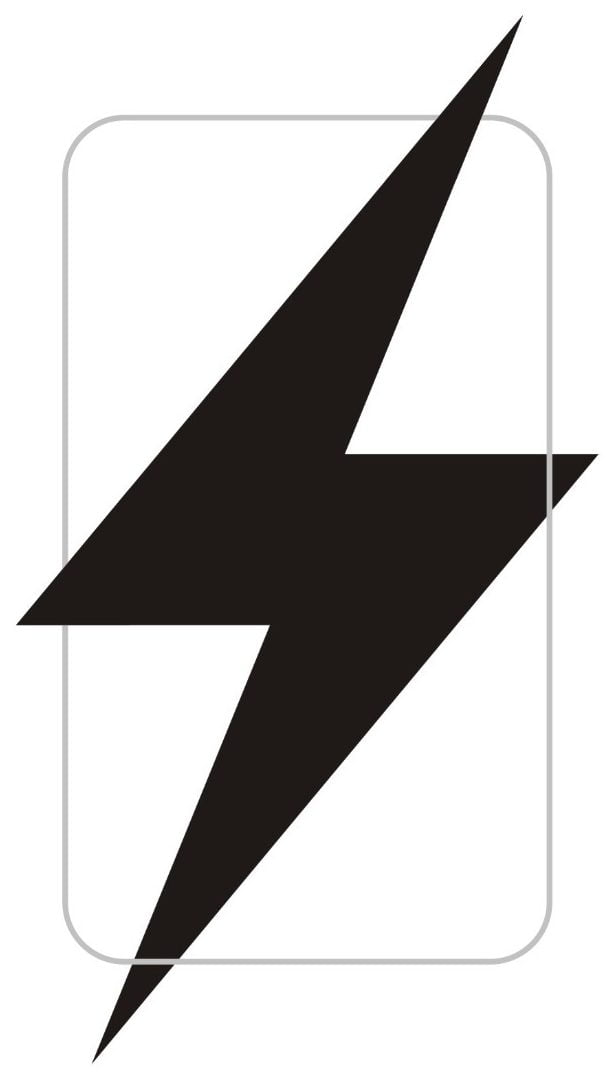A company can save about 10% on its electrical energy bill only by changing their contract from conventional fare to white fare. In addition, it is really simple to change the fare contract from conventional to white and vice-versa—you only need to call the electrical energy company and request to change the contract. In this post, I explain how the white fare works and in which cases it is best to use the white fare.
The white fare is a fare type where the cost of electrical energy depends on the time of the use, differently from the conventional electrical energy fare that has the same cost independently of the time of the day.
In the white fare, the time are devided into three categories: peak time, intermediary time, and not-peak time. In Rondônia state, peak time is between 18h and 21h. The intermediary time has two sections defined as 17h to 18h and, after the peak time, between 21h and 22h. The not-peak time is defined as the remaining ours. In addition, the not-peak times are defined for weekends and Brazilian national holidays.
But how much is the saving in this fare?
In Ariquemes city, the conventional fare, after taxes, is approximately R$ 0.7677 for each kWh. For the white fare, after tax, the cost of kWh for the not-peak time is approximatelly R$ 0.6659, for the intermediary time is approximatelly R$ 0.9247, and for the peak time is approximatelly R$ 1.4133.
Are all these rules confusing you? Let’s go over some examples.
Example 1: A company that works from 7h until 17h, Monday through Saturday.
If this company pays R$ 2,000.00 monthly in the conventional fare, the company will pay R$ 1,734.79 in the white fare, saving R$ 265.21 (or 13.26%) monthly.
Example 2: A company that works from 7h to 18h, Monday through Saturday.
If this company pays R$ 2,000.00 monthly in the conventional fare, the company will pay R$ 1,784.17 in the white fare, saving R$ 215.83 (or 10.79%) monthly.
Example 3: A company that works from 7h until 19h, Monday through Saturday.
If this company pays R$ 2,000.00 monthly in the conventional fare, the company will pay R$ 1,911.09 in the white fare, saving R$ 88.91 (or 4.45%) monthly.
Example 4: A company that works 24h.
If this company pays R$ 2,000.00 monthly in the conventional fare, the company will pay R$ 1,944.39 in the white fare, saving R$ 55.61 (or 2.78%) monthly.
Example 5: A company that works from 7h until 17h, Monday through Saturday, using 80% of electricity during its working hour and 20% outside its working hours (for example, drinkers, fridges, and computers that are kept on 24 hours).
If this company pays R$ 2,000.00 monthly in the conventional fare, the company will pay R$ 1,800.31 in the white fare, saving R$ 199.69 (or 9.98%) monthly.
When is the white fare not worth it?
The white fare will not save you money if you use more electricity in the intermediary and peak times (17h until 22h). For example, houses, bars, restaurants, etc., are companies that will not save with the white fare.
Example 6: A company that works from 9h to 22h, every day.
If this company pays R$ 2,000.00 monthly in the conventional fare, the company will pay R$ 2,121.79 in the white fare, an additional R$ 121.79 (or 6.09%) monthly.
Are you not sure if the white fare is for you?
You can ask us for a technical visit, when I will inspect your electrical installations to inform you if the white fare will save you money.

